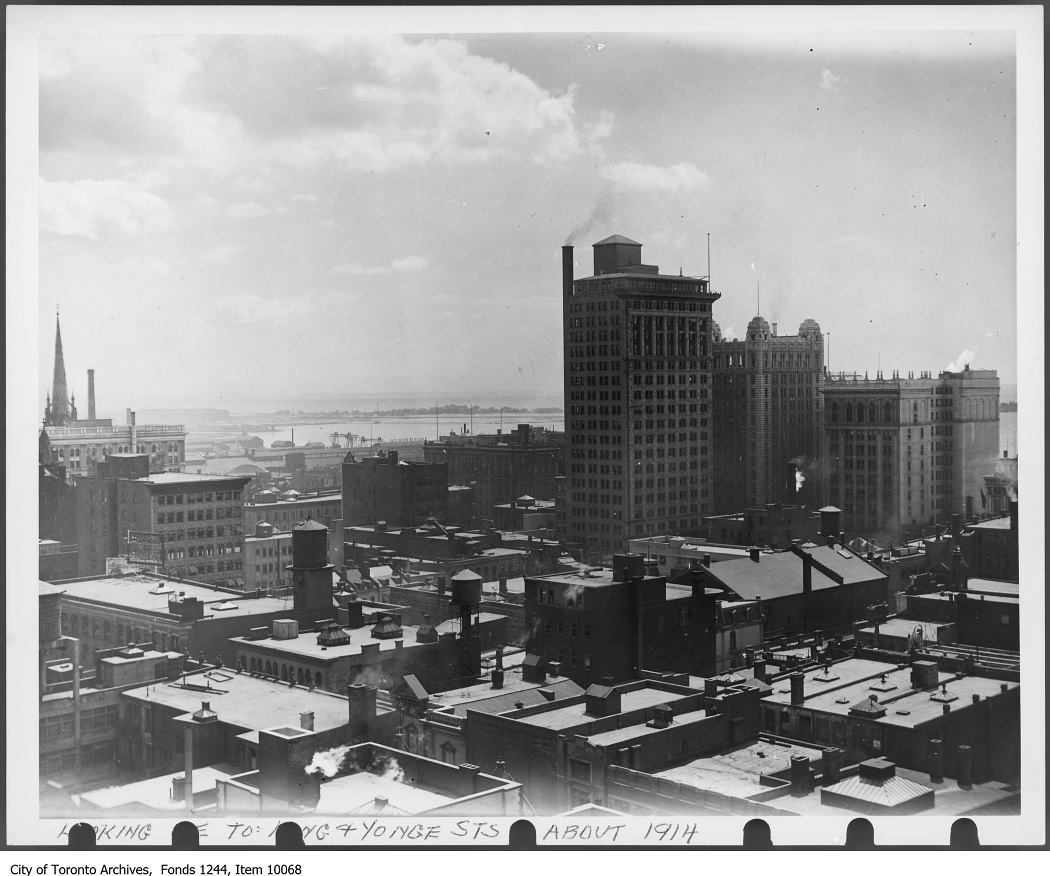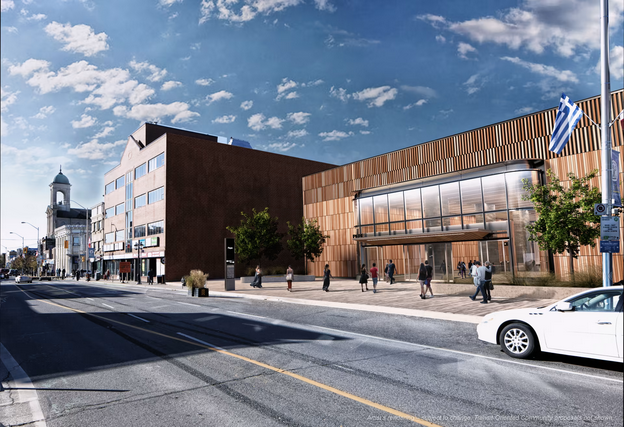Nicki Ward, Op-ed –
Over the past few years, I’ve served as president of City Park Co-op, the largest housing co-operative in Canada. That role has brought me face to face with both the promise and the challenges of co-op housing – and led me to fight for better funding, smarter policies and real, lasting solutions to the housing crisis.
As a community advocate, I’ve worked with municipal leaders, provincial agencies, federal groups and grassroots organizers. I’ve seen what’s possible when we put our energy – and our dollars – into community-driven housing. I’ve also seen what happens when we don’t.
Housing co-operatives are non-profit corporations that operate properties on behalf of their members, their residents. The land is typically held by a trust, with member rents covering costs and upkeep.
Like condominiums, co-ops are self-managed. But unlike condos, they’re not about profit. They exist solely to provide secure, affordable housing – and they work.
So why aren’t there more co-ops?
The simple answer: lack of seed funding. Whether converting an existing building or building something new, serious upfront investment is needed, usually supported by government guarantees. We’re not seeing nearly enough of that support.
City Park, home to nearly a thousand people in the heart of downtown Toronto, is a great example of what’s possible. It was created when a group of tenants facing renoviction banded together with the Co-operative Housing Federation of Toronto. They partnered with government and pulled off a rare win: converting a bankrupt, speculator-owned property into a successful, member-run co-op. It wasn’t easy, but it worked because of political will and financial support.
Conversions like City Park are often the fastest route to growing co-op housing. But we also need new builds, such as a major development about to break ground in Scarborough. On repurposed public land, 2444 Eglinton Avenue East (www.2444eglinton.ca) will provide thousands of new homes, including co-op units that are affordable and deeply affordable. Once again, the Co-op Federation led the charge, with backing from municipal, provincial and private-sector partners.
This isn’t guesswork. Decades of evidence proves that co-ops provide stable, community-driven housing. And projects like 2444 Eglinton give realistic data to act with confidence.
What do we need? The next federal government must allocate just five percent of the National Housing Strategy Budget – about $5 billion – to create 10,000 new co-op homes in Toronto. Permanent, affordable housing for families, seniors and young people trying to stay in the communities they love.
It’s not a pipe dream. It’s a smart, proven investment in the future of our city.
But it won’t happen unless we demand it.
That’s why I’m urging you to talk to your local candidates in the federal election. Ask them where they stand on co-op housing. Ask them if they’ll commit to real investment in deeply affordable, community-owned housing. Ask them if they believe five percent is too much to ask to give 10,000 people a place to live.
Let’s make sure 10,000 people get a piece of the housing pie.




